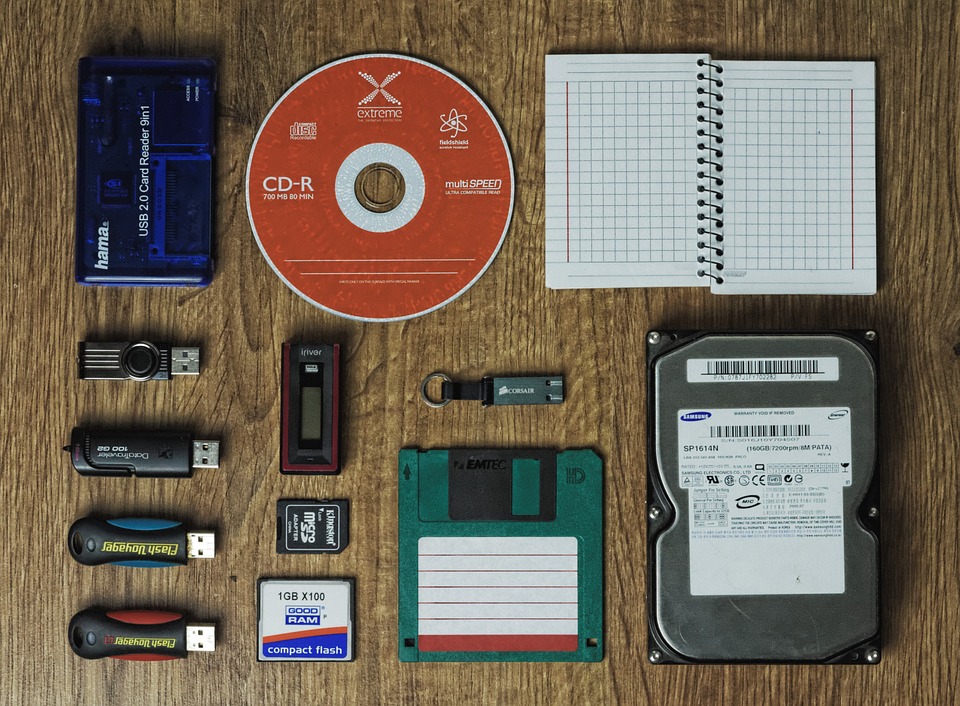Security issues in cloud computing are one of the biggest concerns for IT professionals considering making the switch. Data is after all the lifeblood of your business and you don’t want it in the wrong hands. Public cloud services are particularly not a great option since many clients share the same hardware. You could easily lose sensitive data as a result. The answer lies in private cloud computing. This option gives you control over your own data. Here are some tips to help you keep your data safe in the cloud.
1. Know Where Your Data Lives

This is the most basic security measure – know where your data is. While using intrusion detectors, firewalls, and data encryption can help. Nothing beats knowing what machine holds your data exclusively. Using dedicated hardware is one of the safest ways to keep your data secure.
2. Backup Data Locally

Many people overlook the importance of backing up their cloud data. This is one of the best ways to have control of your data since you can always retrieve it should something untoward happen. Losing your data can be catastrophic for your business, not to mention the legal ramifications of having your customer data leak. Both large and small businesses can benefit from having a backup.
3. Avoid Storing Sensitive Information

Let’s face it. It’s virtually impossible to keep things 100% secure on the internet. Identity theft is on the rise and hackers are on the prowl. So, it is best to avoid storing sensitive information such as credit/debit card details, passwords, bank details, patents, and copyrights on the cloud. If this information landed in the wrong hands, then it could spell disaster for the owners.
4. Use Security Conscious Cloud Providers

Look for a cloud service provider that offers local encryption of your data. This will act as an extra layer of security in case someone manages to access the data. They would need to decrypt the data before seeing or using it. This will even protect your data from the service providers and server administrators. Encryption should also happen during the download and upload phase. One of the bet encryption cyphers is Advanced Encryption Standard (AES). While your files might take a bit longer to upload and download from the cloud due to the addition encryption process, it is definitely worth the wait.
5. Install Anti-Virus Software

Viruses, as expected, are some of the most prevalent cloud computing security threats. Most times, vulnerabilities emanate from the system you’re using to access your cloud data. Cloud security could be top notch but hackers can still access your data by accessing your account through your system. Make sure your system has no virus as it can provide easy penetration points for hackers.
6. Use Strong Passwords

Using weak passwords is one of the major cloud computing security risks. A secure password will prevent your data from being easily hacked. You should also make a point of changing the passwords frequently and avoid sharing them with anyone. You might also need to provide additional identification questions in case you need to rest your password. Make sure to use questions that are not obvious.
Consider using managed Azure cloud services for your business. It is easy to deploy and operate and offers a secure environment for your data.




